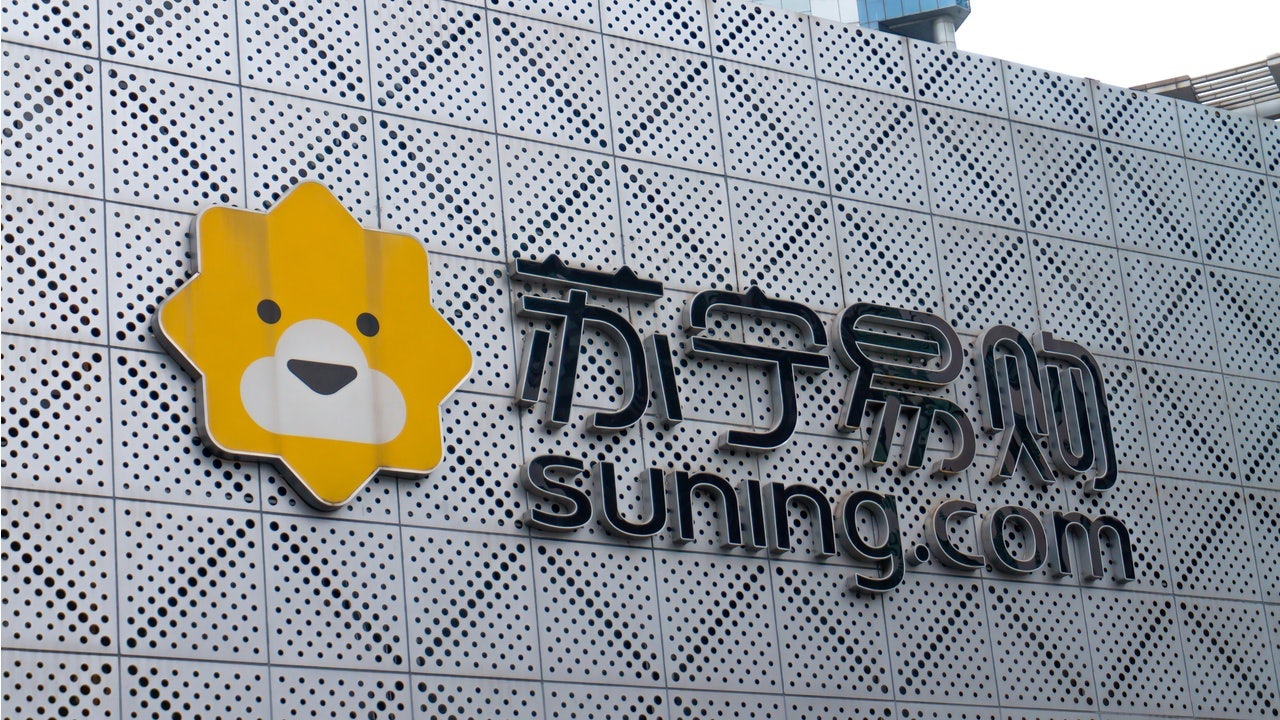What happened
All the shares of one of China’s largest retailers, Suning Holding Group, have been pledged to Alibaba’s Taobao to secure a loan. Those 100,000 shares are worth 1 billion yuan, and over half of them come from the group’s founder, Zhang Jindong. To further stave off liquidity concerns, Suning announced on December 10 that it would buy back $305 million worth of bonds with its own capital. For these efforts, shares in Suning.com tumbled to a six-year low.
Speculation that Suning is in financial trouble is, naturally, running rampant. Yet, the company has refuted these claims. "The share pledge is normal business cooperation, which has no material impact on the strategic development and normal business operations of Suning.com,” a spokesperson said.
Jing Take:#
Although China is the only major economy to grow this year (up 2 percent in GDP), many local businesses are still reeling from the pandemic. Share pledging, as in Suning’s case, typically happens when a company is on its last legs and points to a more uneven post-COVID-19 recovery.
But, Suning isn’t the only company facing potential money woes this week. Shandong Ruyi Technology Group, once hailed as the “LVMH of China,” revealed on Monday that it had failed to pay back investors on a $153 million bond. The privately-owned Ruyi racked up more than $4 billion in debt over the years through its aggressive acquisitions of global brands, such as The Lycra Company and Gieves & Hawkes. It joins a growing list of defaults that have shaken up China’s $4 trillion corporate bond market since November.
Together, these events paint a clearer picture of China’s financial landscape post-COVID and raise transparency questions about state backing of local government debt. Shandong Ruyi is not state-owned but was relying on a local government financing vehicle to bail them out. Local governments have been given leeway to borrow heavily in support of rapid economic growth. But they are now “under tighter scrutiny,” said economist Michelle Lam to Financial Times.
Likewise, conglomerates such as Alibaba are being watched closely. Just a few weeks ago, alongside Richemont, Alibaba announced a $1.1 billion investment in the online luxury platform Farfetch, cementing the former’s status as China’s leading online retailer. And although debt could suggest further market consolidations, if Suning should default, it could be taken over by Taobao. And, if that were to happen, Chinese regulators could further clamp down on internet giants, having massive implications for China’s monopolies.
The Jing Take reports on a piece of the leading news and presents our editorial team’s analysis of the key implications for the luxury industry. In the recurring column, we analyze everything from product drops and mergers to heated debate sprouting on Chinese social media.

